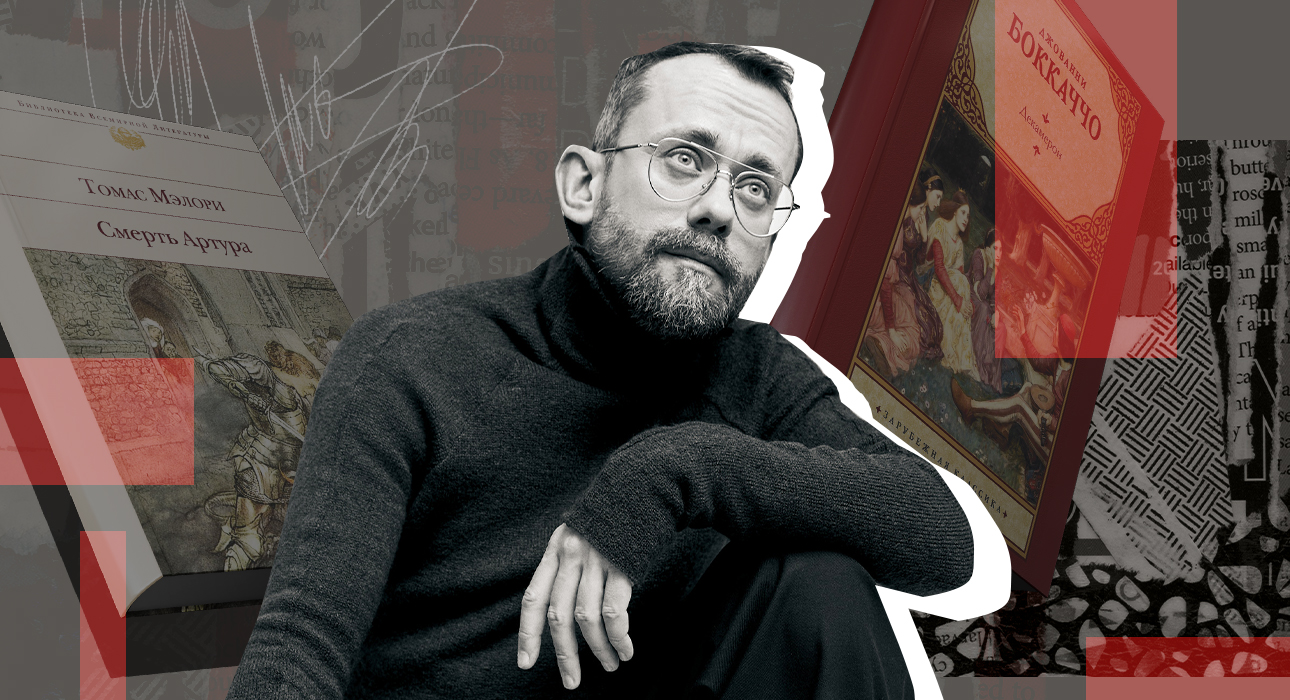Questions about what to watch or what to read can be asked, it seems, endlessly and more than once – after all, any good work, be it a book, movie or TV series, unfortunately, sooner or later ends and leaves. Its audience or reader is in the throes of new searches. But there is some good news, too.
To make it easier for you, every week we ask our columnist Konstantin Obraztsov (novelist, author of Red Chains, The Witches’ Hammer and more, as well as creator of the YouTube show Exemplary Reading) to share the gems of his work. A collection of the world’s best literature and TV series

Konstantin Obraztsov
Today’s agenda includes book classics that will not let you fall asleep even from the first pages.
It’s hard to read classic works because they weren’t written for you. They were created for their contemporaries by writers living in other cultural epochs, a hundred, two hundred or more years ago, and wrote as was customary at that time.
But that is why classical literature is called this way – from the word “classic”, that is, “exemplary” – because it is always an “exemplary reading” and behind the sometimes heavy form there are deep meanings and endless images. relevant today.
Today I offer three simple tips for reading the classics without getting bored, and a short list of authors and works that will appeal to almost everyone.
So before you start reading…
slow down
If the brain does not receive the usual stimulation it becomes boring. We live in a situation far removed from the situation in which classical works were created and read. The habit of constantly browsing the news, checking social networks and instant messengers will not give a chance to the novels of past centuries.
Exhale. Allow yourself to stop for two hours, an hour or half an hour, and don’t rush anywhere. Don’t scroll, type or watch anything.
Let it just be time spent with a good book.
Give the book a try
If it doesn’t work, don’t give up just yet. In classical literature, the action does not always begin immediately. Tell yourself ahead of time how many time or pages you need to figure out if this book is for you.
Choose a book that suits your abilities
The older the work, the more effort it will take to overcome the language and cultural barrier. Good translations are usually as accurate to the original as possible, so don’t pick up The Oresteia or The Divine Comedy if your reading experience is still modest. Consider books whose language and style are as friendly as possible to the modern reader.
What to read?
1. Stories by AP Chekhov
Anton Pavlovich Chekhov is a master of the short form, and his stories, written in simple and lively language, do not require much effort to read.
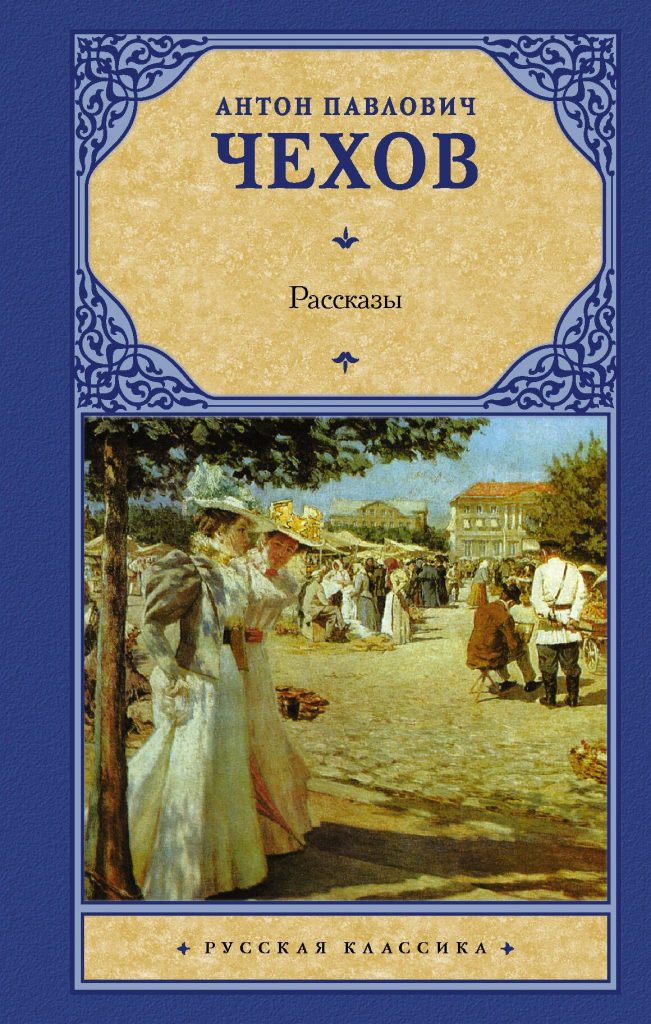
Chekhov’s stories are often considered funny, and yes, there is something to laugh at, but often that laughter is highly diluted with sadness. Chekhov, ironically, is a wistful chronicler of the period, an observant photographer of characters and moods, and a true photograph rarely flatters its subject.
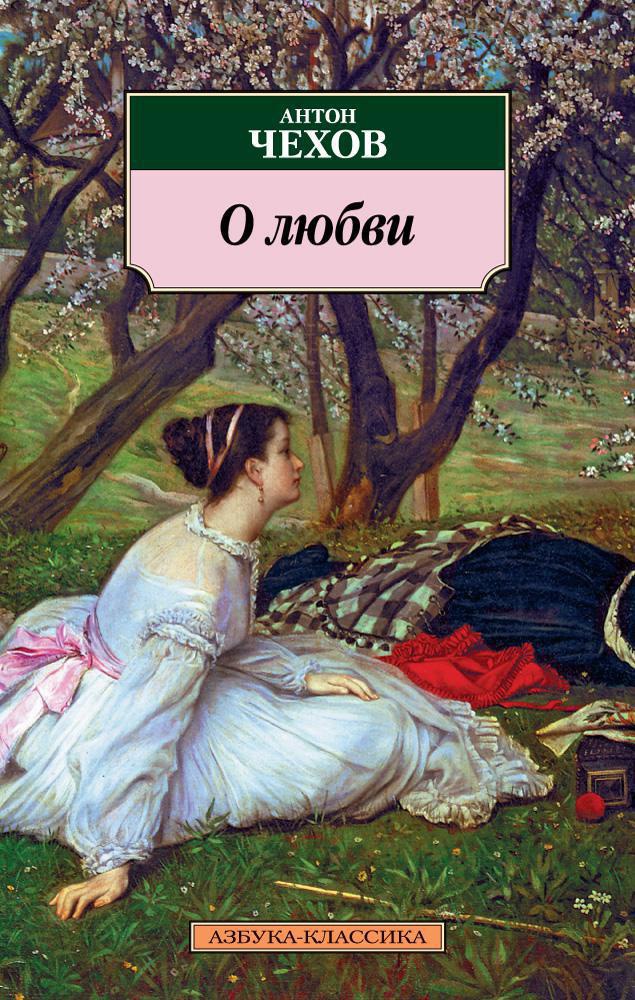
Chekhov’s heroes are afraid to change, afraid to love; In their world one can only dream of a bright life and true love, but it is foolishness to hope and dreams shrink over time and everything is swallowed by narrow-minded melancholy and gray despair.
If you are not afraid of such a typical mood for Russian classics, start with the funny “Joy” and “Life in Questions and Exclamations”, go through the schools of “Ionych”, “Gooseberry”, “About Love” and, if it seems not enough, “The Witch”), “ Add “I want to sleep” and “Enemies.”
2. Charles Dickens, Great Expectations
Lev Nikolayevich Tolstoy said: “Study world literature – Dickens remained,” but he did not pay such compliments to anyone.
Charles Dickens is about brilliant characters, great humor, a uniquely ironic writing style, and fascinating events with a delightful ending that are surprisingly relatable and recognizable even 150 years later. There is something to cry about, something to laugh at, something to do both with great pleasure.
I recommend starting with the novel “Great Expectations”: the action captures the reader immediately, and the criminal intrigue does not reveal until the last pages; There’s a young rogue who suddenly finds himself with money and sets out to conquer secular London, along with many charming eccentrics.
A separate bonus is one of the most memorable female images of world literature – the eternal bride, abandoned on her wedding day by an insidious seducer and aging in her dilapidated mansion, sitting at a banquet table for decades in a decaying wedding dress. rotten and faded dishes – or a ghost from a scary Gothic tale or a satire on old England.
3. Ernst Theodor Amadeus Hoffmann, “The Golden Cauldron” and other short stories
If the name of the most eccentric of the German romantics has people queuing up to buy tickets to The Nutcracker, whose libretto is based on his short story, then it’s time to get to know him better!
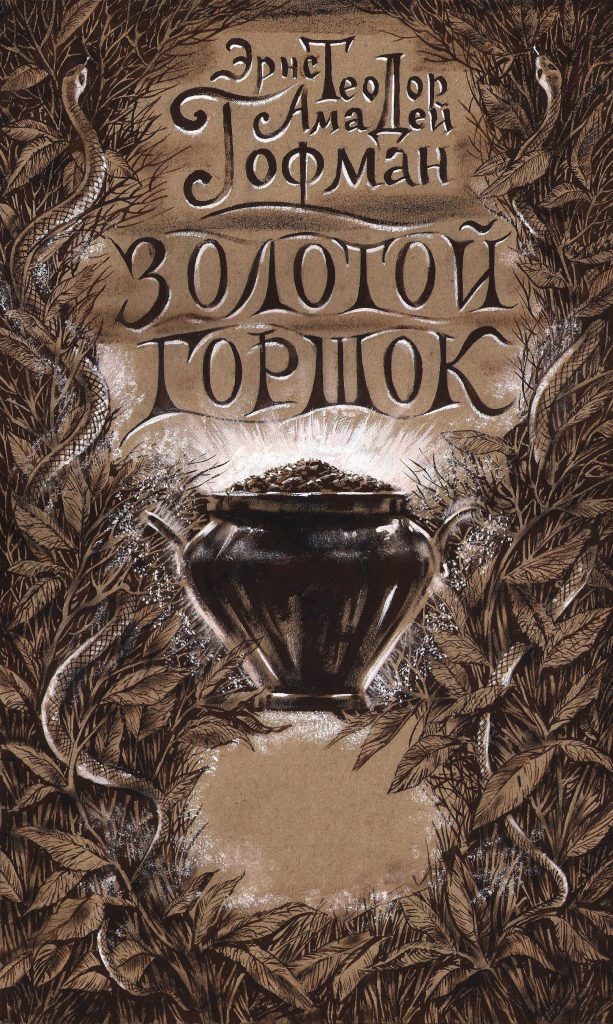
No melancholy and despair! Pour a glass of semi-sweet Rhine, open a book and go on a truly romantic journey full of extraordinary fantasy images and fabulous adventures.
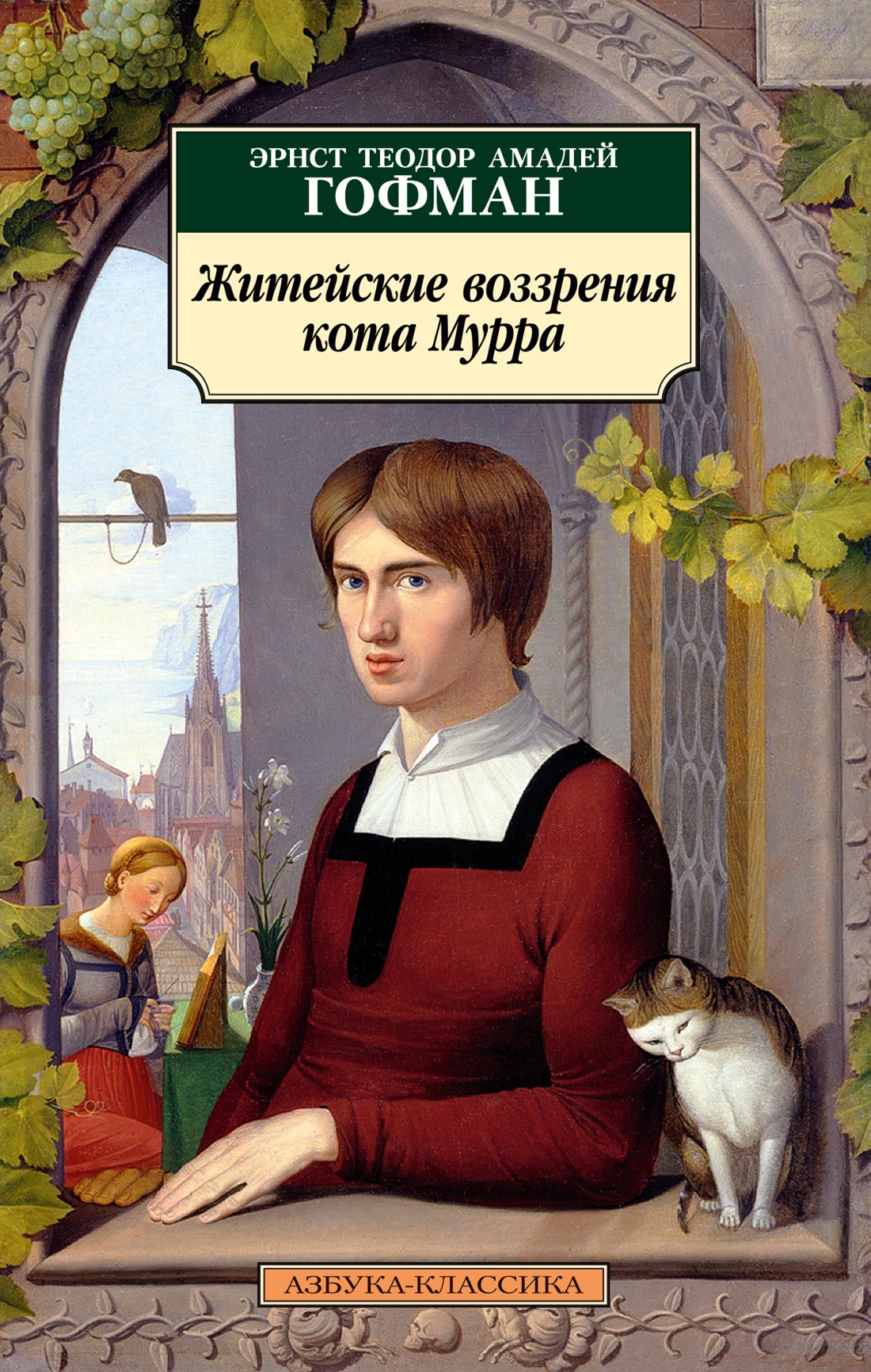
Hoffmann is an urban fantasy of the early 19th century: here the prince of fiery spirits works as a library keeper, an evil witch sells apples and pies in the market, golden snakes become reflections of the setting sun, and the plot takes us to both. a wine cellar or an otherworldly palace, and all this with the author’s incomparable humor and romantic irony.
Separately, we can recommend “The Everyday Views of Murr the Cat”, which is the first novel in literary history written from the point of view of a domestic cat.
4. Giovanni Boccaccio “The Decameron”
A collection of a hundred short stories was created by a brilliant Florentine writer in the mid-14th century, but do not let this scare you: Soviet engineers and high school students easily coped with the Decameron; “cheater” (from the English word “swindler” – Note ed.) in prose, which means you can too.
The beginning sounds familiar from pandemic times: The plague is ravaging Florence, and seven attractive young women and three equally nice young men go into self-isolation in a country house. There they tell each other stories: ten stories on each of the ten days.
The plot will not let you get bored: a tragic novella about love in the spirit of Romeo and Juliet; a dramatic story about an abuser and his victim; a Coen brothers-style drama about a man who comes from the village to sell horses and literally falls into the Naples criminal underworld from a hotel toilet; stories about pirates and treasures, scammers and frauds, and of course a lot of frank stories that, simply because of a misunderstanding, are not marked 18+.
5. Thomas Malory, Le Morte d’Arthur
Famous novel about knights, written by a real knight.
Sir Thomas Malory was just like that: in armor, on horseback, participating in the War of the Red and White Roses, many tournaments and raids on other people’s possessions. The end of his stormy life, naturally, was imprisonment in the castle, where, due to his excessive free time, he collected and told all the legends about King Arthur and the Knights of the Round Table. A voluminous novel has been published, ideal for reading with a glass of wine by the fireplace in your own castle on long evenings.
However, if you like fantasy series filled with a huge number of characters and like to follow how several complex plots develop at the same time, a screensaver with a fireplace flame on the TV screen in a studio apartment is also quite suitable.
King Arthur, the fairy Morgana, the Lady of the Lake, the Sword in the Stone, the Holy Grail, Sir Gawain, Sir Percival, Tristan and Isolde, Lancelot and Guinevere, enchanted castles, giants and witches, damsels in distress, tournaments, battles and Avalon – all gathered and only is waiting for you.
The style may seem a little cumbersome at first; After all, it’s from the 15th century! – but it is worth reading the first ten pages of the book: after that you will get used to it and it will pass easily.
Source: People Talk
Errol Villanueva is an author and lifestyle journalist who writes for The Fashion Vibes. With a passion for exploring the latest trends in fashion, food, travel, and wellness, Errol’s articles are a must-read for anyone interested in living a stylish and fulfilling life.

